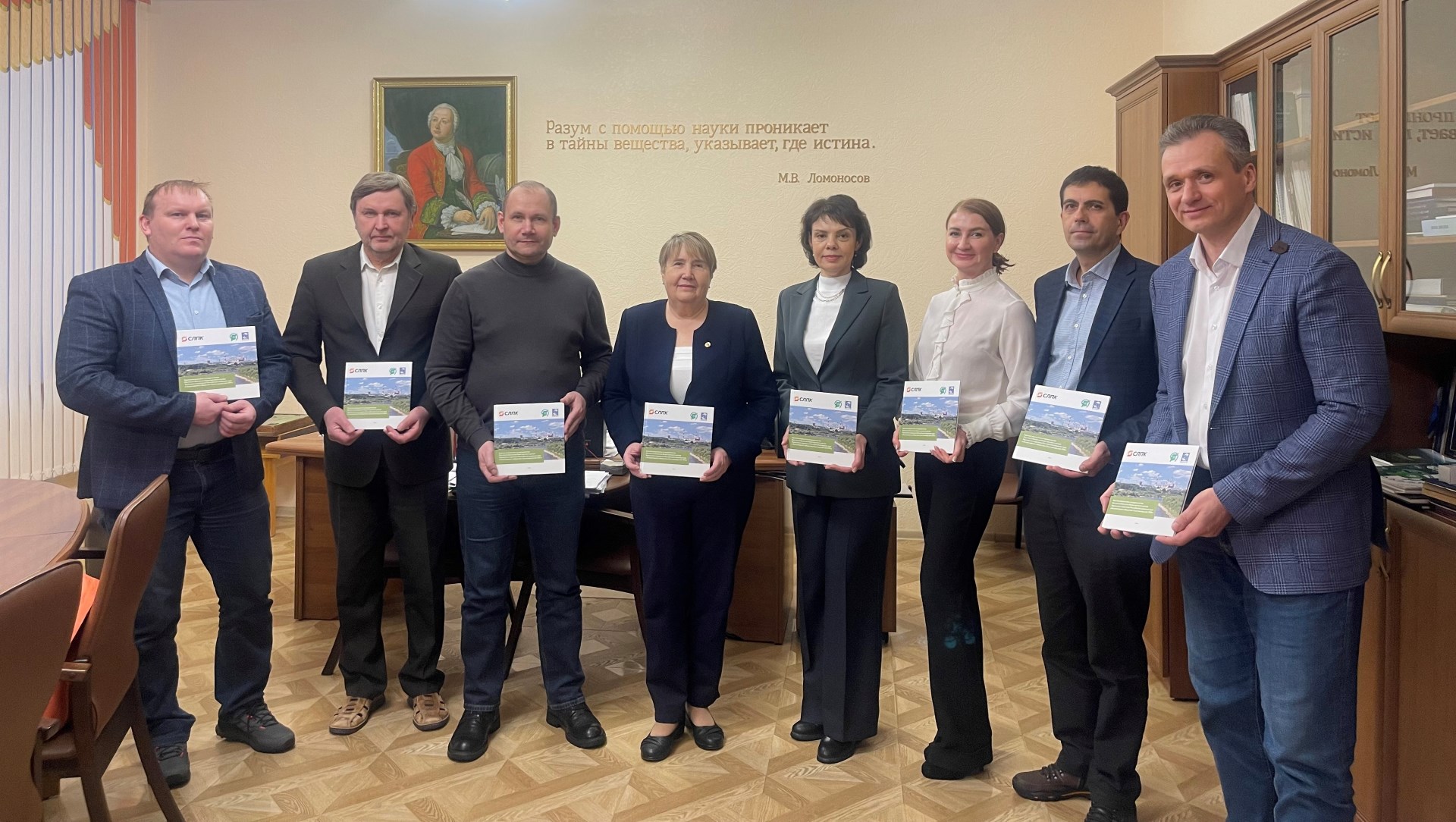Publication of results of joint research conducted by Syktyvkarskiy LPK and Institute of Biology of Komi Scientific Center UB RAS

SLPK and the Institute of Biology of the Komi Scientific Center of the Ural Branch of the Russian Academy of Science published the results of their joint research identifying impact of logging with harvesters and forwarders on the environment of the region.
«Our cooperation with the Institute of Biology makes it possible to assess impact of our production process on the environment and, if necessary, to minimize the impact at all stages of wood logging and processing», said Klaus Peller, Managing Director of SLPK.
According to Igor Chadin, Director of the Institute of Biology, the cooperation with Syktyvkarskiy LPK is systemic.
«We seek to render support to the mill in the most challenging tasks that it faces at all stages of operation. Cooperation between research & development organizations and big businesses is crucial for the development of the society», emphasized Ivan Chadin.
The unique research was conducted in 2017-2023 in Ust-Kulomskiy and Syktyvdinskiy regions of the Komi Republic.
In 2020, a model field test was conducted at the area near Yazel station, which had been chosen due to high diversity of the environment. At first, the scientists made a preliminary survey enabling detailed comparison of the before and after state of the area which was to be harvested by the logging machinery. Next they researched the impact of logging machinery movement on the soil, the regeneration of the subcanopy flora, the impact of the logging activities on the invertebrates, the fauna of the nearby water bodies, carbon content in the forest ecosystems, and much more.
Moreover, Syktyvkarskiy LPK — with the support of the Institute of Biology — protects rare species by activities on habitats conservation. The company either does not perform the logging activities on the identified biotopes — the areas, where these rare flora and fauna species can potentially live — or restricts its logging activities, e.g. harvests wood only in winter time to avoid adverse effects on the soil.
The mill supported publishing of a special limited edition booklet containing these and other results of cooperation between Syktyvkarskiy LPK and the Institute of Biology of the Komi Scientific Center of the Ural Branch of the Russian Academy of Science.